Explore the foundations of cloud computing and big data using AWS and Spark. This course guides you through building and managing end-to-end data projects, equipping you with the skills to solve real-world big data challenges and pursue careers in data science and analytics.
By the end of this course, participants will be able to:
Overview:
This module will introduce the participants to the ecosystem of AWS and one of the essential services known as EC2.
Topics to Cover:
Overview:
This module covers the essential storage service of AWS known as S3.
Topics to Cover:
Overview:
This module examines the power of Kinesis and data streaming.
Topics to Cover:
Overview:
This module focuses on the usage of big data and distributed computing.
Topics to Cover:
Overview:
This module teaches participants the language of Spark and utilizing Databricks.
Topics to Cover:
Overview:
This module examines an application of Spark through Spark DataFrame.
Topics to Cover:
Overview:
This module teaches participants to work with Spark Machine Learning.
Topics to Cover:
Overview:
This module focuses on the use of SageMaker in AWS.
Topic to Cover:
Overview:
This final module teaches participants about using boto3 to connect to AWS services through Python. Also focuses on Athena to organize data and Quicksight as a real-time dashboard.
Topic to Cover:












Get access to top-rated courses, real projects, and job-ready skills.
We’re here to help. Talk to our advisors.
I had an incredible experience at this data science bootcamp! Coming in with no prior knowledge, I was amazed at how quickly I gained a solid understanding of the field. The curriculum is intensive and hands-on, allowing me to learn real, applicable skills through working on real client projects. The staff are exceptionally supportive and always ready to help. This bootcamp truly transformed my career path, and I couldn’t be more grateful for the knowledge and confidence I’ve gained. Highly recommended for anyone looking to break into data science!
My experience was awesome. I was taught by professional data engineers who shared their insights based on their professional experience. The topics covered are relevant to what employers are looking for and I enjoyed hands-on projects. I learned all the skills I needed to be a data engineer and I got a full-time offer as a data engineer, thanks to the mentors from WecloudData. I highly recommend this program. I was able to land interviews at Amazon, Yelp, CI Financial e.t.c
Deciding to go with WeCloudData was one of the best decisions I made during my career switch. Their Bootcamps are intense but they get you where you need to go. The instructors are amazing and the TAs very knowledgeable. Their client projects taught me a lot even after the bootcamp was done. I was able to land my current job thanks to the skills and training from the course.
I had the pleasure of attending WeCloudData’s Data Fundamentals bootcamp, which was fantastic. The highly qualified instructors used cutting-edge teaching techniques that greatly facilitated understanding the logic of coding and programming. They carefully progressed us from fundamental to more complex subjects, avoiding any feeling of overload. I wholeheartedly endorse this course for anyone hoping to become a data analyst—it’stheonly one you’ll need. The teachers are very outstanding!
This bootcamp provided me with the necessary technical skills and industry knowledge to secure a data job. The instructors are knowledgeable and shared everything they know to help me achieve my goals. The TAs are resourceful and patient answering my questions. The projects in the bootcamp enhanced my knowledge and impressed interviews. This is a wonderful bootcamp if you are looking to either imporve your skills or switch career!
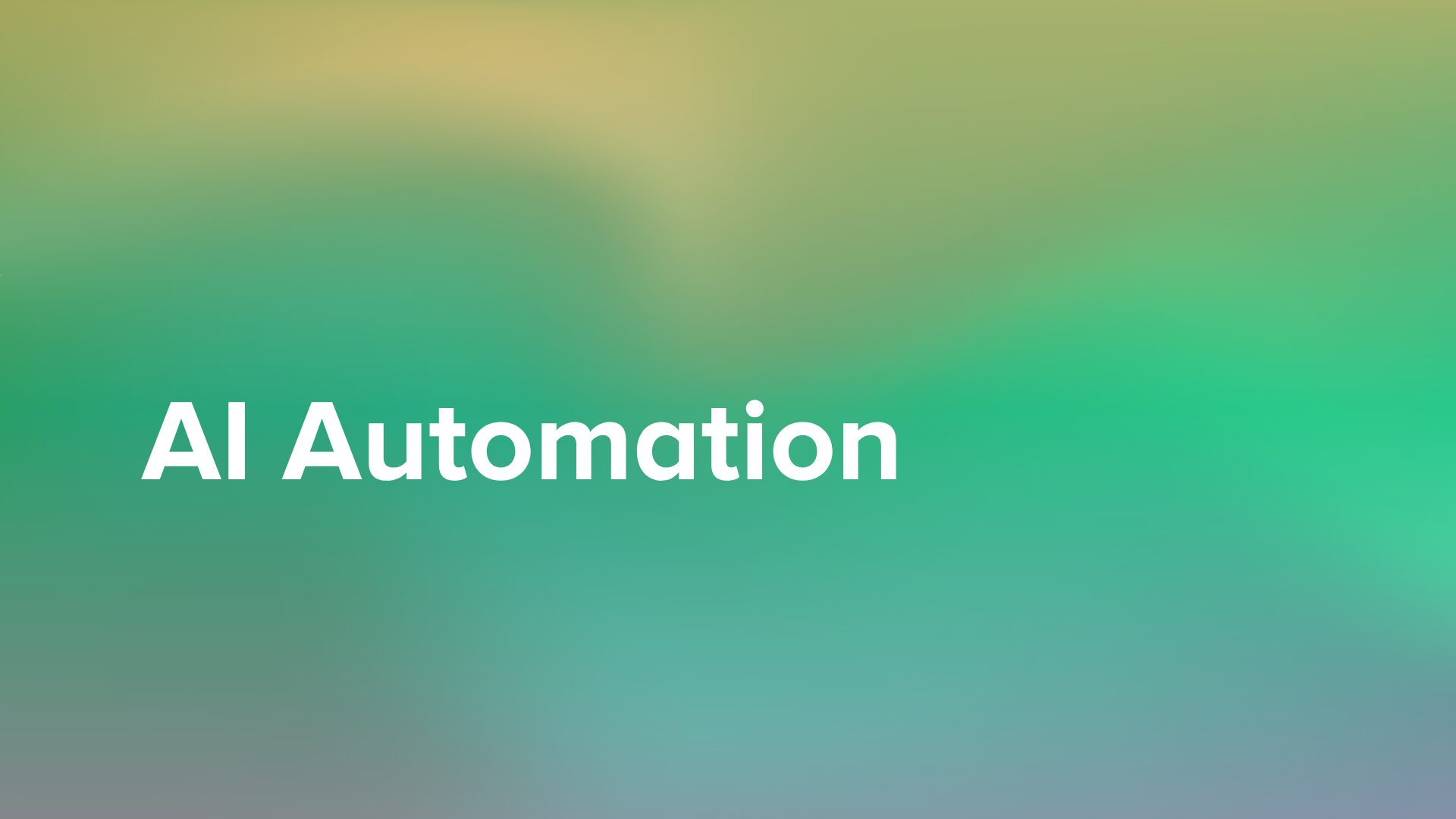
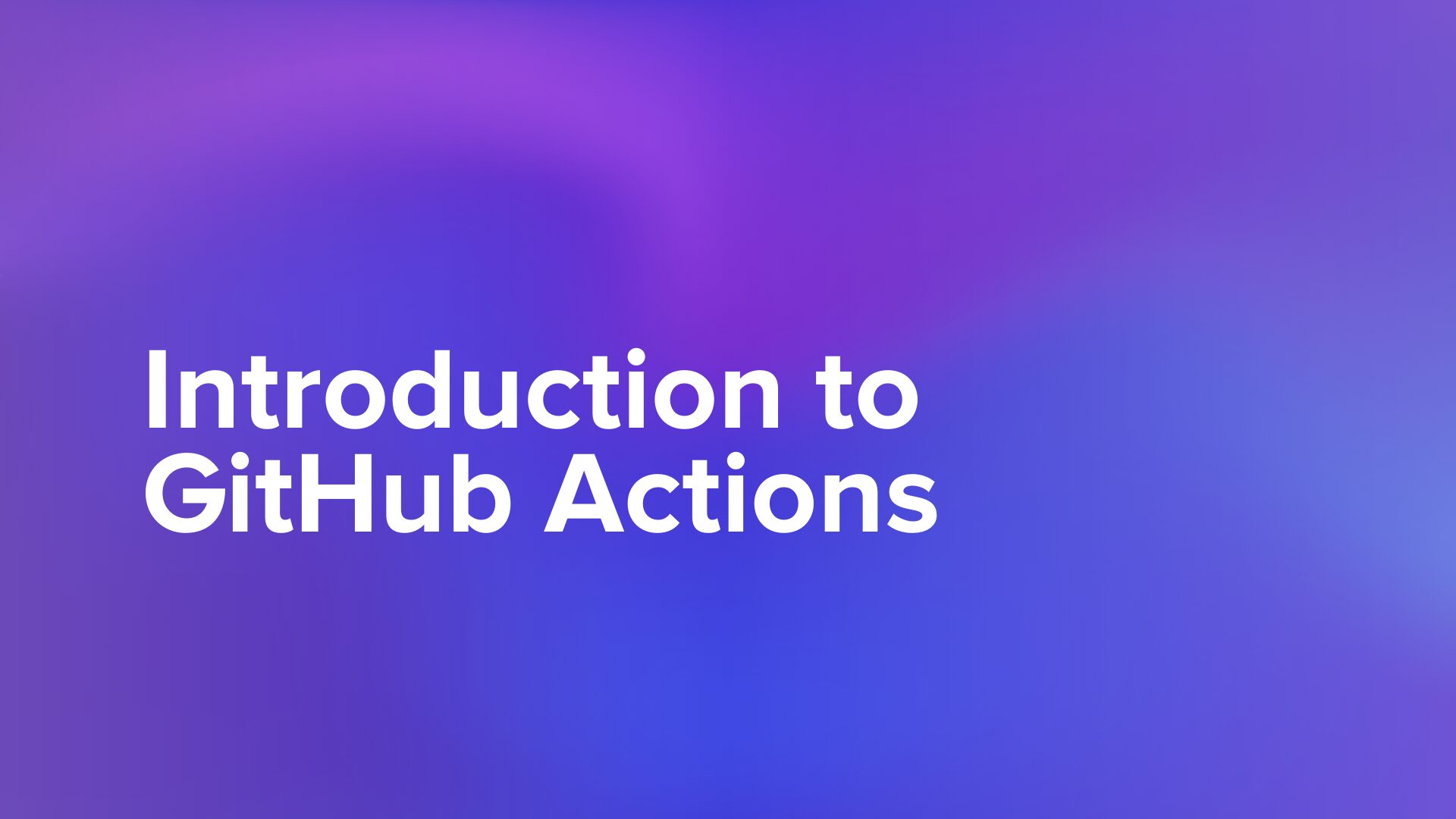

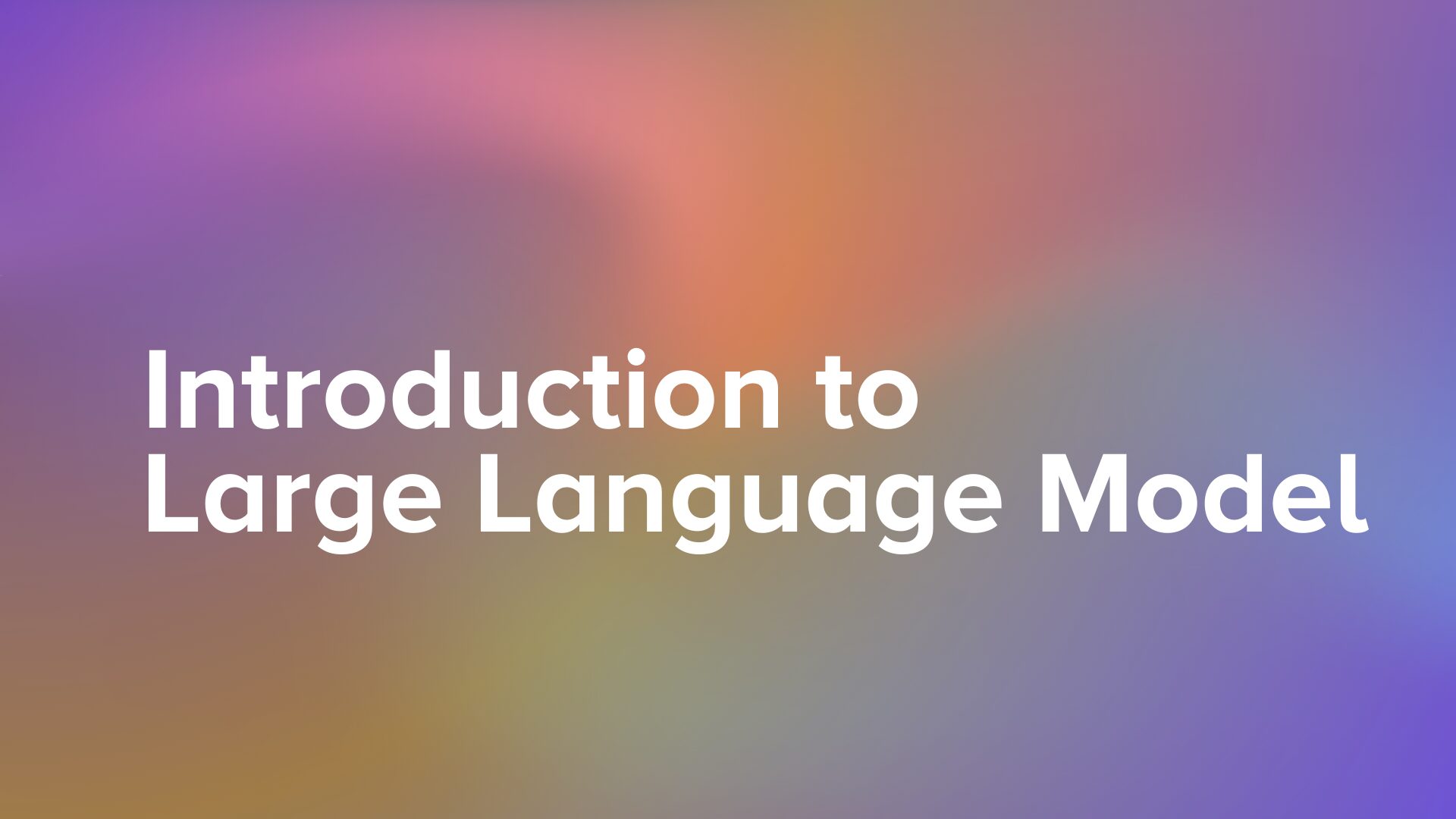

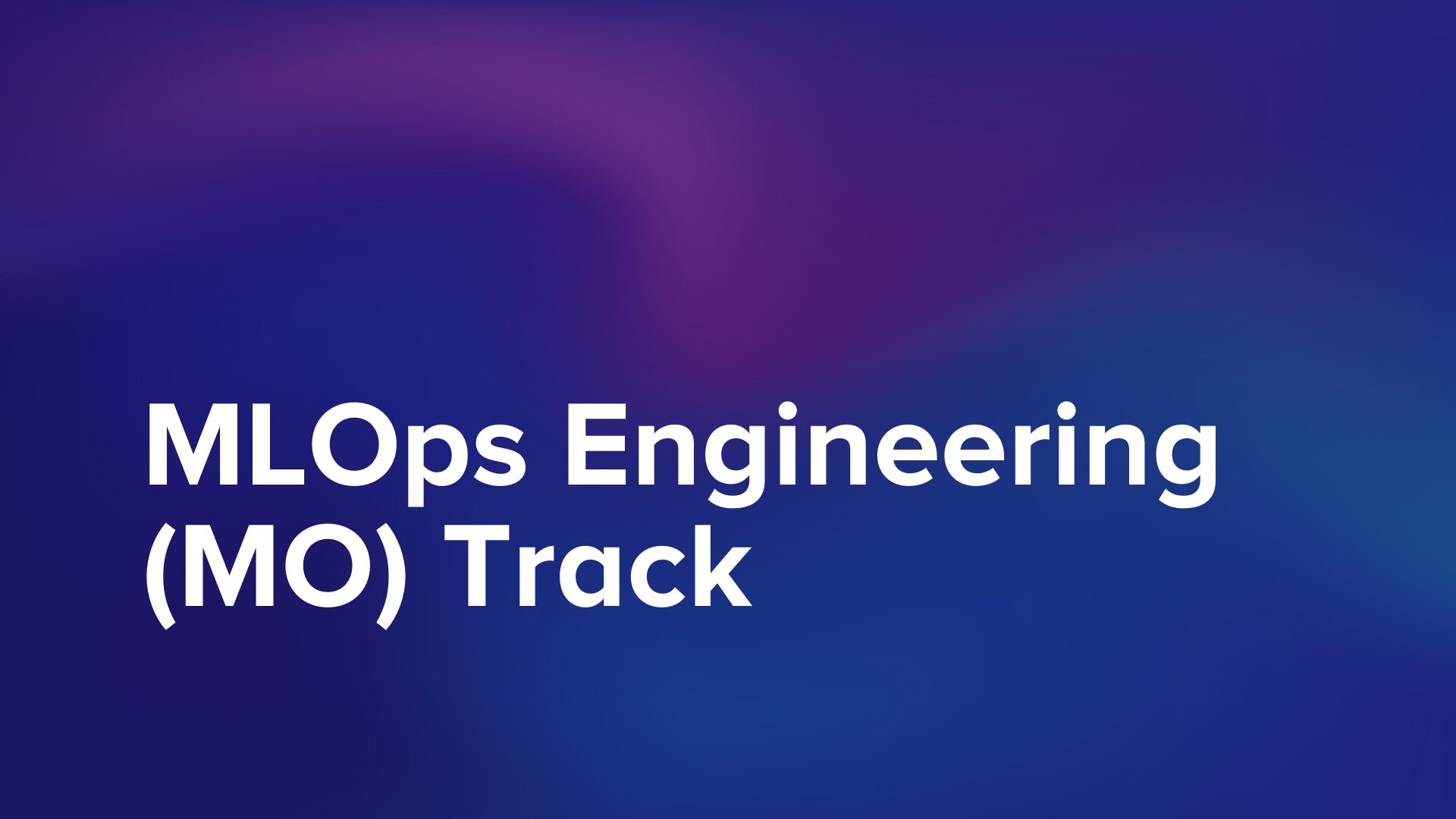
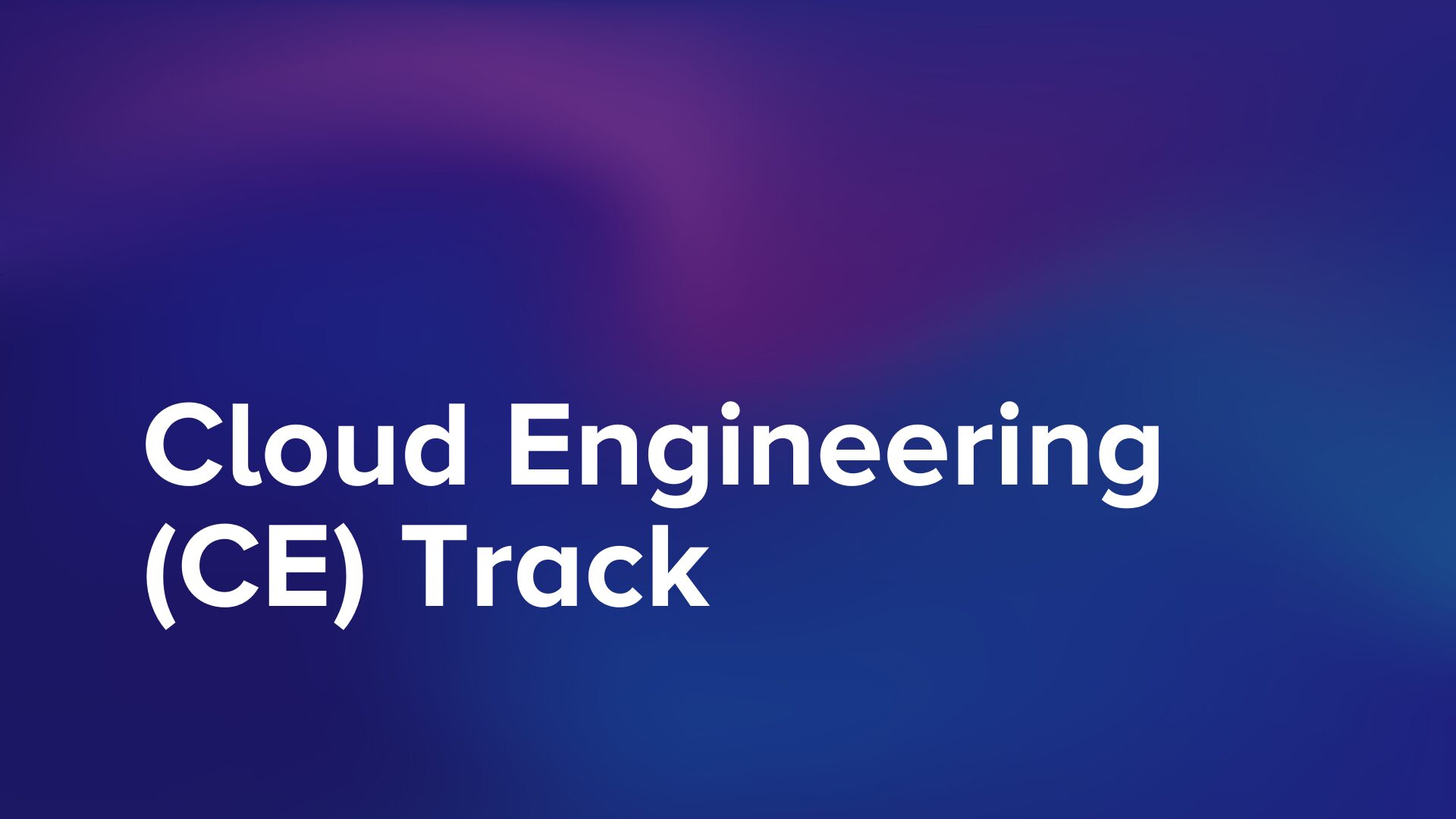
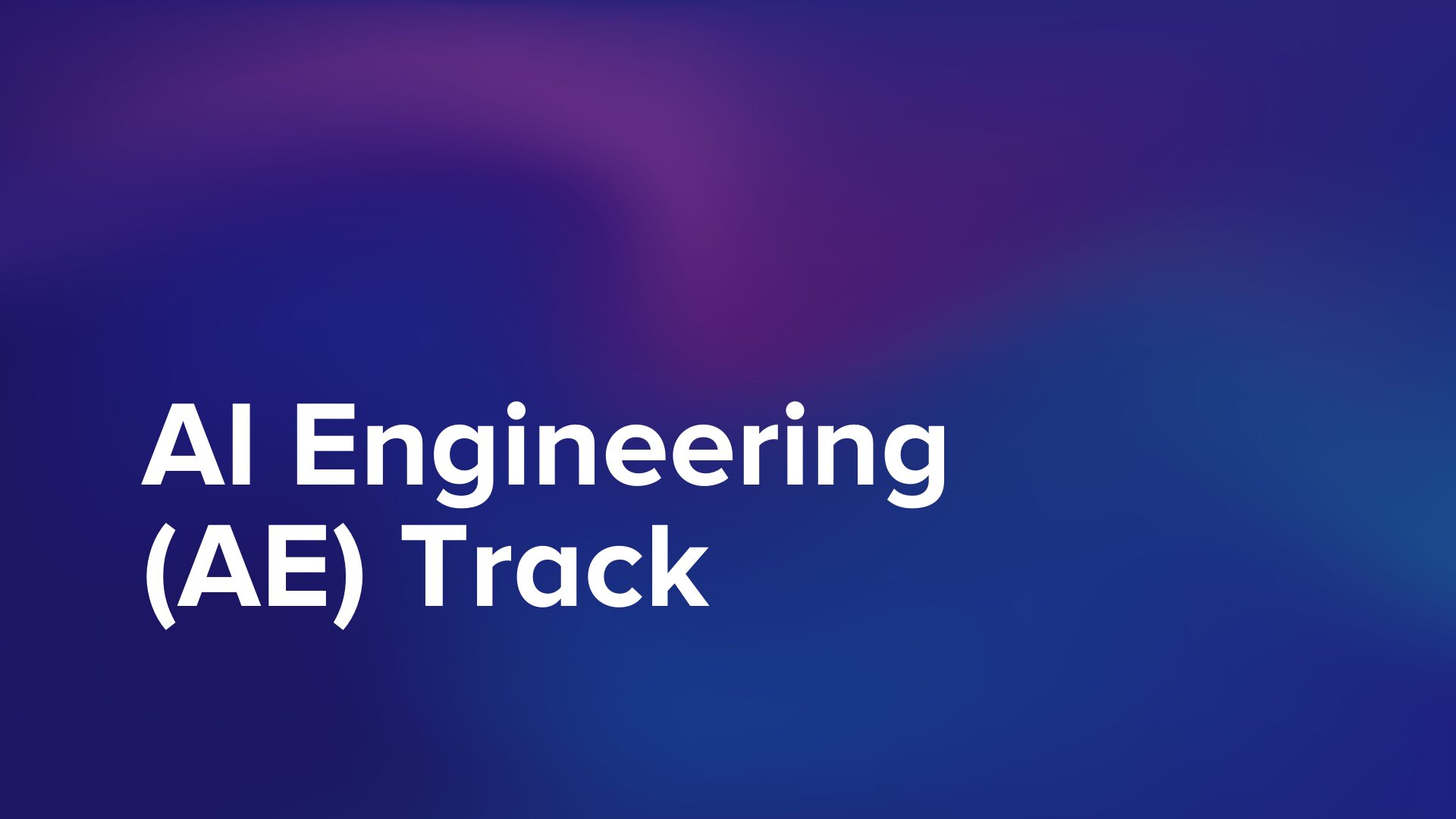
No. Track Courses are only accessible through the Professional or Unlimited+ subscription plans.
Yes, all courses are designed to be self-paced. Learn when it fits your schedule.
Each course includes prerequisites if needed. Many Standard Courses are beginner-friendly.
If you have other queries or specific concerns, don’t hesitate to let us know. Your feedback is important to us, and we aim to provide the best support possible.
Grow your skills, build projects you’ll be proud of, and unlock new opportunities — all at your pace.
WeCloudData is the leading data science and AI academy. Our blended learning courses have helped thousands of learners and many enterprises make successful leaps in their data journeys.
"*" indicates required fields
Canada:
180 Bloor St W #1003
Toronto, ON, Canada M5S 2V6
US:
16192 Coastal Hwy
Lewes, DE 19958, USA